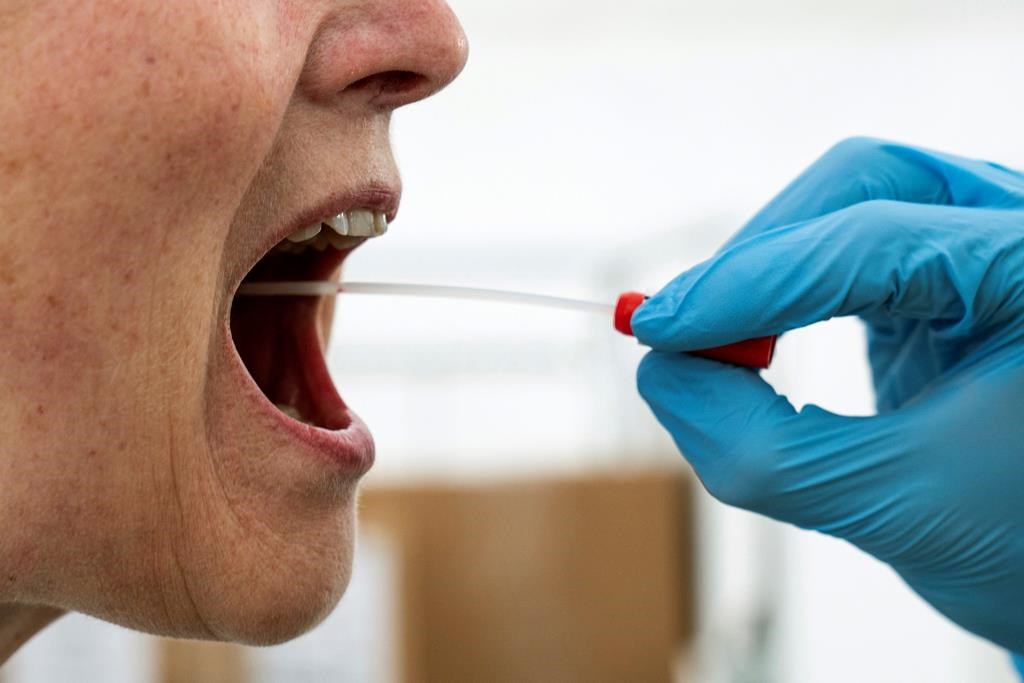The risk of coronavirus transmission in the southwest and west-central areas of the province is on the rise, according to the Saskatchewan Health Authority (SHA).

SHA officials said a number of people have tested positive due to aggressive contact tracing and testing, although officials did not release the number of people infected.
Some people are linked to known chains of transmission, however, others have no known infection source, officials said.
The health authority said the results of an additional 91 coronavirus tests from residents in the southwestern and south-central Saskatchewan area are expected Thursday.
More than 160 people are currently undergoing testing in the southwest and south-central Saskatchewan.
The SHA said this will lead to case increases in the formal provincial daily COVID-19 case report in the days ahead.
The rural municipalities and communities identified by the SHA as having an increased risk of coronavirus transmission are:
- Maple Creek (No. 111)
- Auvergne (No. 76)
- Biggar (No. 347)
- City of Swift Current
- Eagle Creek (No. 376)
- Grandview (No. 349)
- Harris (No. 316)
- Kellross (No. 247)
- Lac Pelletier (No. 107)
- Newcombe (No. 260)
- Perdue (No. 346)
- Pleasant Valley (No. 288)
- Prairiedale (No. 321)
- Tramping Lake (No. 380)
- Buzz kill? Gen Z less interested in coffee than older Canadians, survey shows
- Naloxone-resistant street drug linked to 9 deaths in Eastern Canada seized in Alberta
- Bird flu risk to humans an ‘enormous concern,’ WHO says. Here’s what to know
- ‘She gets to be 10’: Ontario child’s heart donated to girl the same age
Officials said the cases are on a number of Hutterite communities in these municipalities.
They said there are also several other unrelated increases in cases in these municipalities that are presenting an elevated risk.
The SHA said it is working with the Hutterian Safety Council, local Hutterite leaderships, local municipalities and the business community to stop further spread of the virus.
Health officials said anyone with COVID-19 symptoms should stay home, self-isolate and contact Healthline 811 to be tested.
Testing is also available universally for anyone making a request at Healthline 811.
Questions about COVID-19? Here are some things you need to know:
Symptoms can include fever, cough and difficulty breathing — very similar to a cold or flu. Some people can develop a more severe illness. People most at risk of this include older adults and people with severe chronic medical conditions like heart, lung or kidney disease. If you develop symptoms, contact public health authorities.
To prevent the virus from spreading, experts recommend frequent handwashing and coughing into your sleeve. They also recommend minimizing contact with others, staying home as much as possible and maintaining a distance of two metres from other people if you go out. In situations where you can’t keep a safe distance from others, public health officials recommend the use of a non-medical face mask or covering to prevent spreading the respiratory droplets that can carry the virus. In some provinces and municipalities across the country, masks or face coverings are now mandatory in indoor public spaces.
For full COVID-19 coverage from Global News, click here.










Comments